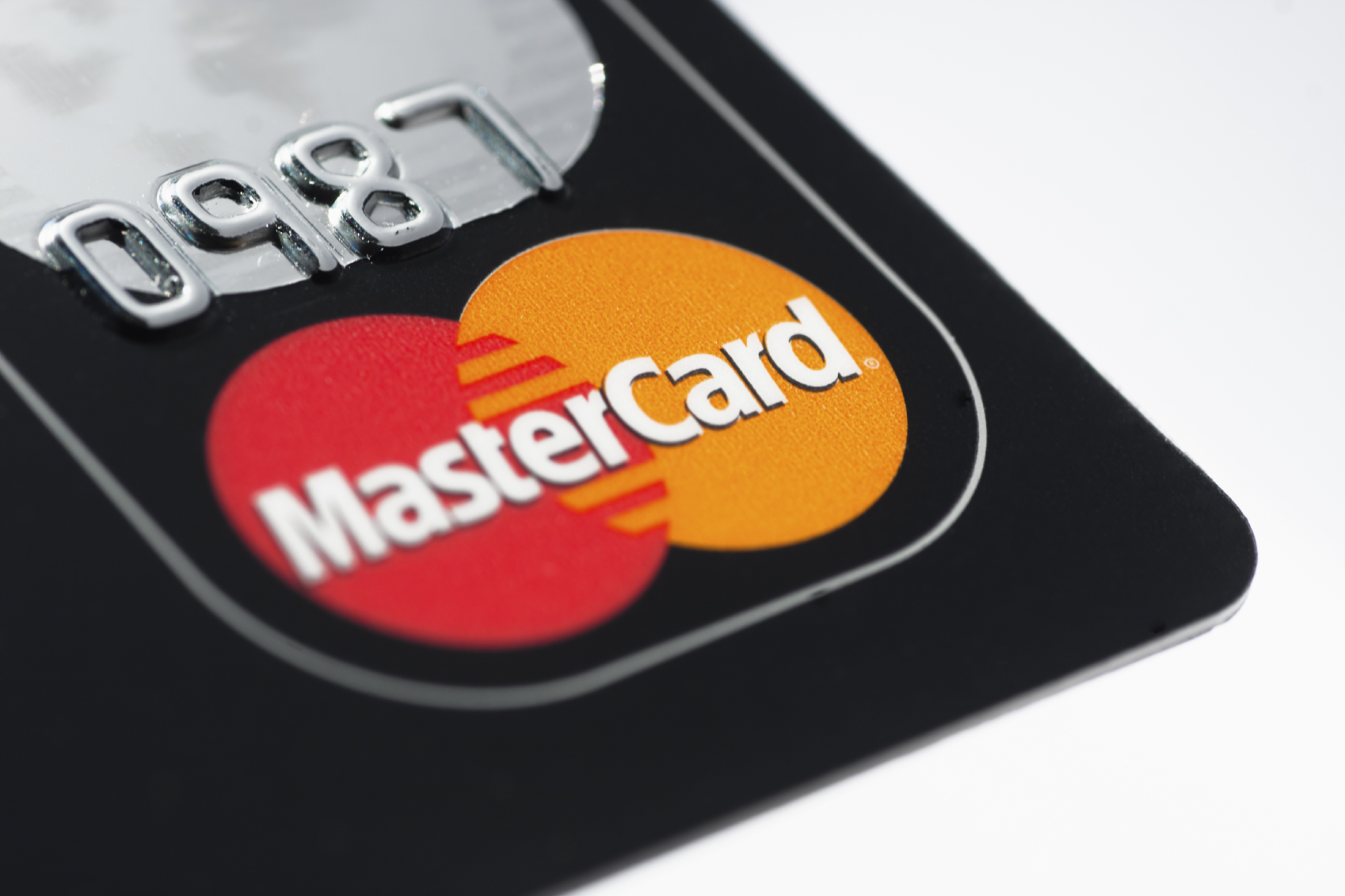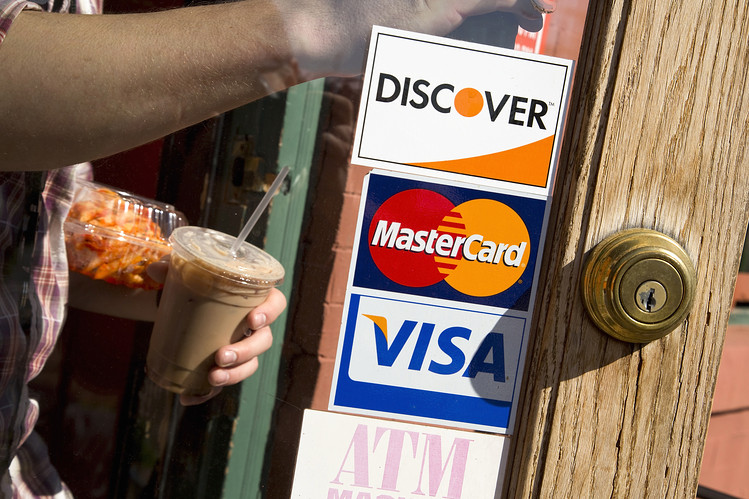What Happened
MasterCard is bringing new security measures to digital payment, as part of its push towards cardless payment. The credit card company has confirmed its plan to roll out a new “Selfie Pay” feature to its mobile app this year, which will allow users to authenticate their payments by taking a selfie. The company says this facial recognition system will only be used in certain contexts when extra authentication is needed. Moreover, MasterCard revealed that it is also working on heartbeat-based authentication, which uses sensors to read a person’s electrocardiogram, the unique electrical signal produced by their heart, to identify users and confirm payments passively and more quickly than with a selfie.
What Brands Need To Do
MasterCard’s foray into biometric-based authentication is illustrative of the way mobile and wearable technologies are transforming the ways people pay. As the security measures for mobile payments continue to evolve and improve, brands need to start incorporating existing reward and loyalty programs into mobile payment solutions in order to offer customers a frictionless shopping experience.
Sources: The Verge









